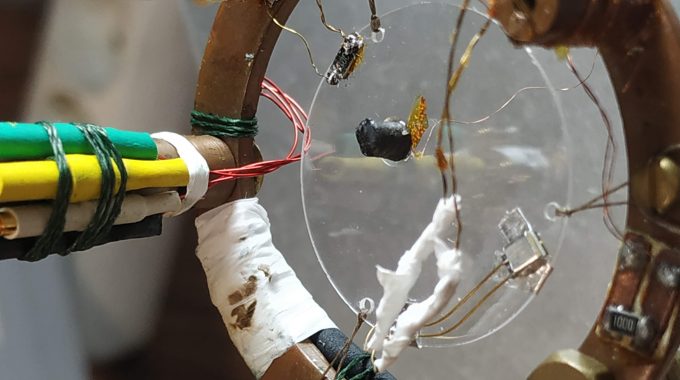
STSM of Daria Szewczyk at Universidad Autonoma de Madrid (Spain)
This short term scientific mission entitled “Introduction to the experimental possibilities at Universidad Autonoma de Madrid in order to establish a long-term collaboration” had few main goals, among others:
- Introduction to a unique specific-heat measuring system (homemade setup); Training with prof. M. A. Ramos in this specific-heat system was realized by measuring samples of sintered nanodiamonds in the range 1.8 – 300 K.
- Introduction to the experimental technique of MeV ion beam irradiation and its application in material properties investigation, especially on superconductors;
- Visit in The Centre for Micro Analysis of Materials (CMAM), which is a separate research facility belonging to the UAM, that operates a unique accelerator of a tandem type that is devoted to analysis and modification of materials.
The applicant acquired basic knowledge of a new research method – heat capacity measurement. The applicant participated in all steps: Addenda measurements (pre-measurement of the sample chamber alone) ; mounting the sample in the cryostat; performing heat capacity measurements (pumping, cryoliquids supplementation of the cryostat & general programming and carrying out of the measuring process); calculations and evaluation of the raw data.
The investigated samples were two nanodiamond composited from detonated microdiamond crystallites, obtained from different sintering processes of 1000°C and 1600°C. The preliminary results provided confirmation to earlier premises – one observes an unexpected upturn in specific heat at low temperatures. The linear term is evidenced and the Debye temperature is around 480 K. There is a clear distinction between the results from UAM and the ILT&SR (My Home Institute), at low temperatures, probably stemming from the different linear contributions.
Some outcomes of the STSM are new ideas and eagerness to pursue the goal of realizing in the near future a joint project with the group of prof. M. A. Ramos.
